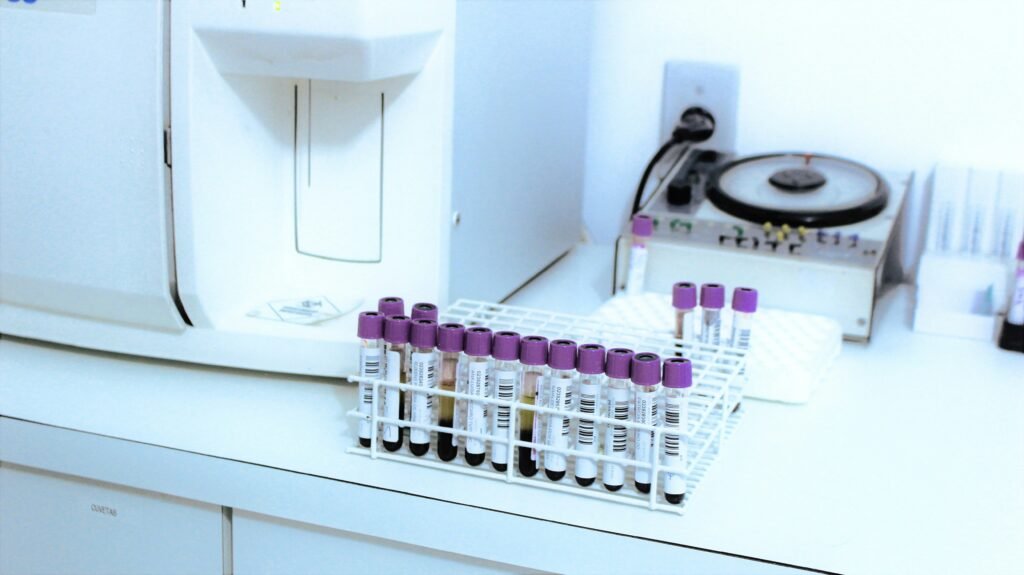The FDA’s June 9 drug approvals bring new preventive options for infants at risk of RSV, innovative combination therapies for hypertension, and expanded antiviral indications.
The FDA’s June 9 drug approvals bring new preventive options for infants at risk of RSV, innovative combination therapies for hypertension, and expanded antiviral indications.

ENFLONSIA™ (clesrovimab) Approved for RSV Prevention in Neonates and Infants
Merck announced that the FDA cleared ENFLONSIA (clesrovimab), a monoclonal antibody designed for the prevention of respiratory syncytial virus (RSV) lower respiratory tract disease in neonates and infants entering their first RSV season. The approval is based on the pivotal Phase 2b/3 CLEVER trial in which ENFLONSIA reduced RSV-related medically attended lower respiratory tract infections by 60.5% and hospitalizations by 84.3% compared to placebo. Administered as a fixed 105 mg dose regardless of infant weight, ENFLONSIA offers a durable protective effect across the RSV season, representing the first such option for this vulnerable population.
GMRx2 (WIDAPLIK) Gains FDA Nod for Hypertension Treatment
George Medicines received FDA approval for GMRx2 (WIDAPLIK), a novel triple-combination pill containing telmisartan, amlodipine, and indapamide for adult hypertension management. Clinical trials demonstrated superior blood pressure control and tolerability compared to placebo and dual therapies. Notably, GMRx2 is the first FDA-approved triple combination suitable as initial therapy for patients likely to require multiple antihypertensives, with a commercial launch expected in Q4 2025.
Mavyret Label Expansion for Acute Hepatitis C Virus Infection
AbbVie expanded the FDA label for glecaprevir/pibrentasvir (Mavyret) to include treatment of acute hepatitis C virus (HCV) infection in adults and pediatric patients aged three years and older, with or without compensated cirrhosis. This marks Mavyret as the first and only direct-acting antiviral approved for an eight-week course in acute HCV, backed by phase 3 M20-350 study data demonstrating a 96% cure rate and a high barrier to viral resistance.
Regulatory and Market Implications
These approvals bolster therapeutic options in infectious diseases and chronic conditions, reflecting ongoing FDA commitment to advancing innovative, patient-centered medicines. The fixed-dose RSV monoclonal expands prophylaxis accessibility, while triple-combination antihypertensives meet clinical demand for simplified regimens and improved adherence. Expanding antiviral indication underscores the importance of early HCV treatment in public health efforts toward elimination.
Keep in touch with our news & offers